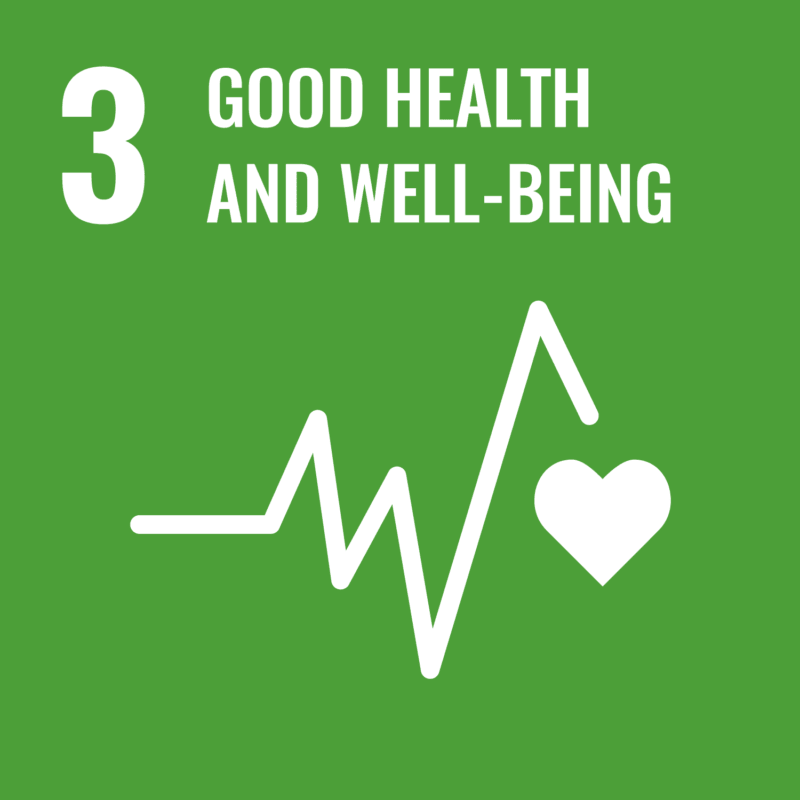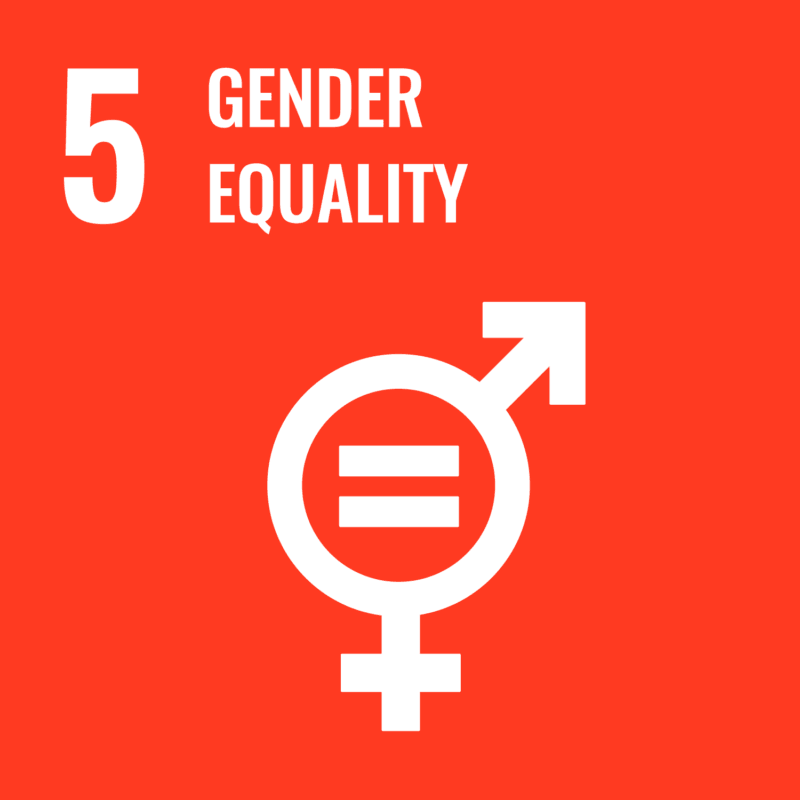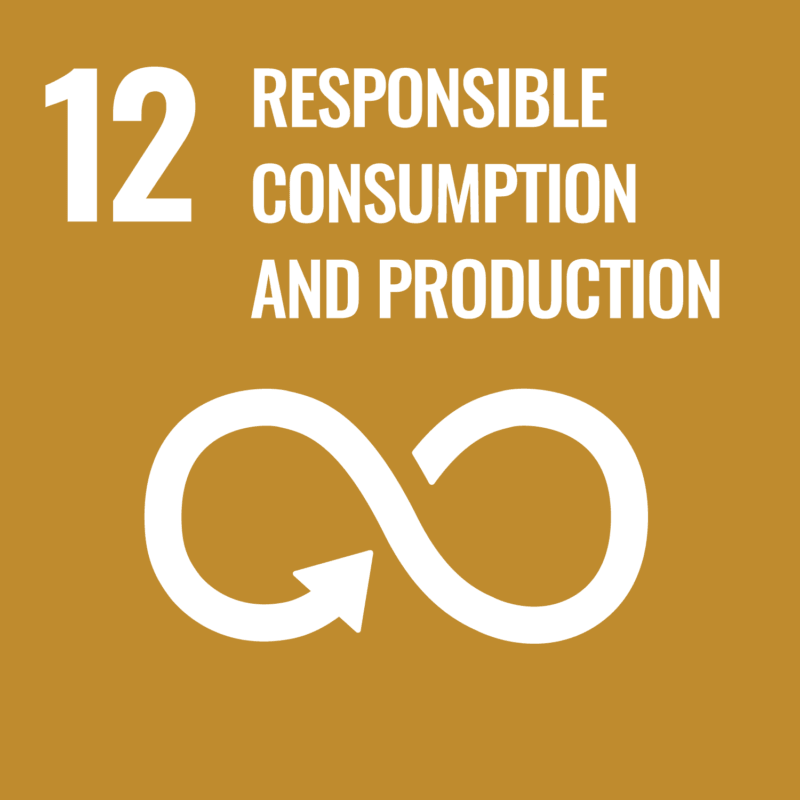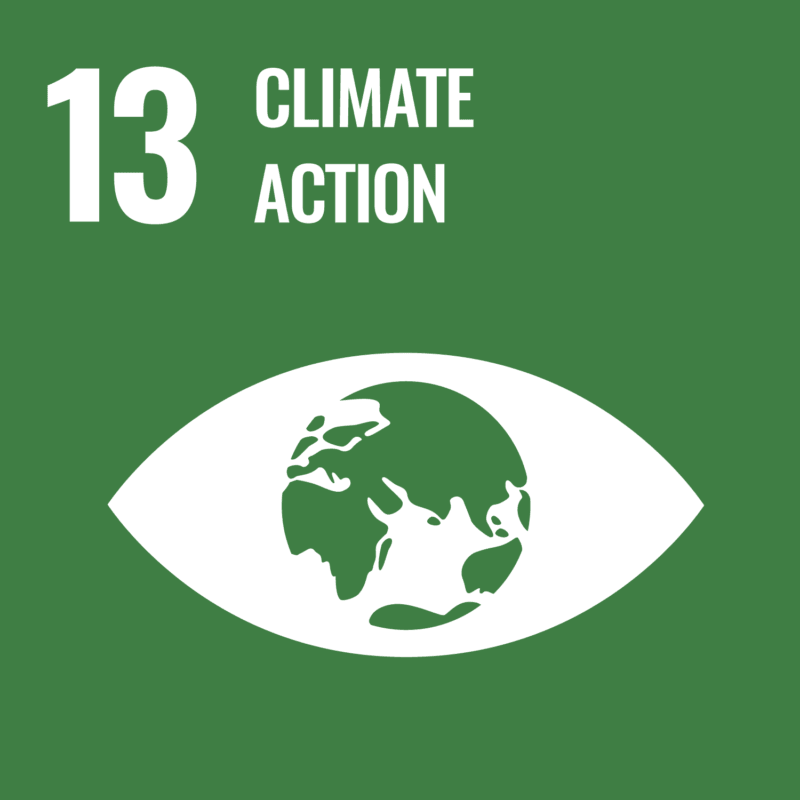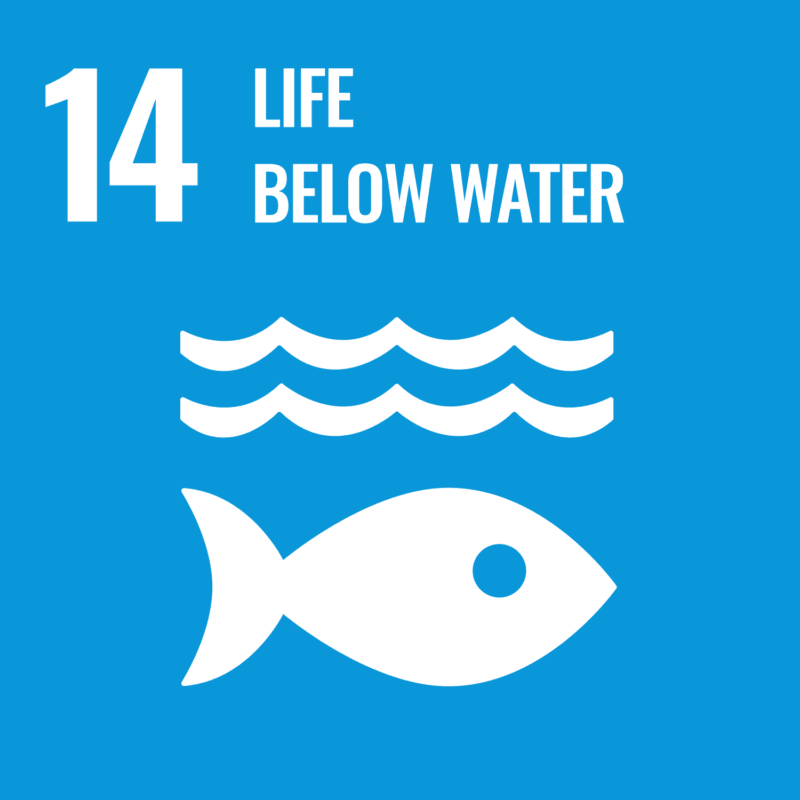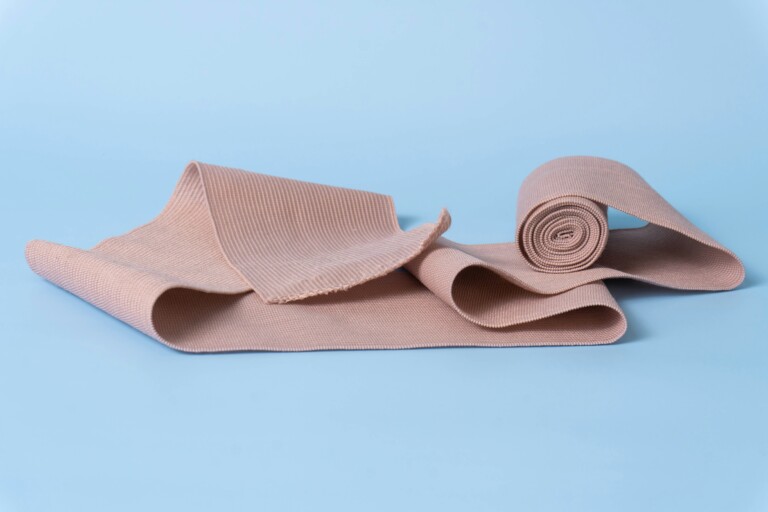Medical devices play an essential role in healthcare, ranging from simple plasters to high-risk implants. Despite their importance to healthcare, the environmental problems caused by the manufacture, use and disposal of these products have only recently become the subject of intense discussion. Medical device manufacturers around the world are under increasing pressure to evaluate and minimize the environmental impact of their products throughout their life cycle. Approaches such as recycling, reuse, repair, reprocessing and reduction are therefore important strategies in waste management in order to increase the economic and ecological benefits. In a circular economy, manufactured products are kept in circulation to minimize the resource and environmental costs that arise over time and through repeated use. In contrast with the linear supply chain, where products are disposed of after a single use, prevails. In high-income countries, healthcare systems are increasingly relying on linear supply chains consisting of single-use medical products. This leads to rising healthcare costs, increased waste and environmental pollution in healthcare, which in turn has a negative impact on public health. Furthermore, it makes the supply chain vulnerable to disruptions and fluctuations in demand.
To enable a circular economy for medical devices, highly sensitive analytical methods are required. Chemical characterization of medical devices is central to biosafety testing. Despite advanced analytical methods, the identification of many substances often remains unclear, leading to unnecessary animal testing. New strategies are needed to be able to exclude critical substances even when substance identification is unclear.
Project goals
The transition of the medical device industry to a more circular economy drives the goal of increasingly complex healthcare delivery in a low-emission future.
This project aims to develop and validate a PCR-based biomarker assay method to assess the biocompatibility of recycled, reprocessed or reused medical devices and to exclude critical substance groups such as DNA-reactive, inflammatory and sensitizing substances. The OFI plays a central role in this. The reprocessing and reuse of medical materials are crucial approaches for increasing the economic and ecological benefits. An animal-free method for safety assessment is being developed that meets ethical, ecological and economic requirements.
Funding: Industry-related dissertations, Dissertants for future topics of the economy 2023, FFG, focus on circular economy
Lead: Single project
